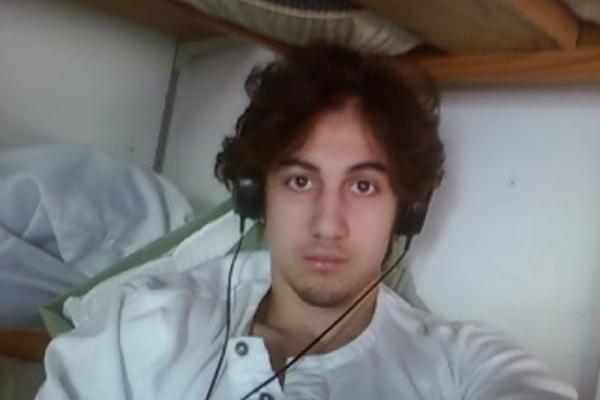Jun 24, 2015
Boston Marathon bomber Dzhokhar Tsarnaev apologized in court June 24 for “the suffering that I’ve caused” in the April 2013 attack that killed three people and wounded hundreds.
Tsarnaev said in a shaky voice that he was guilty and that he prays for the victims.
“I am sorry for the lives that I’ve taken, for the suffering that I’ve caused you, for the damage that I’ve done — irreparable damage,” he said, breaking more than two years of public silence.
“I pray for your relief, for your healing,” he added.
Read the Full Article

Already a subscriber? Login
